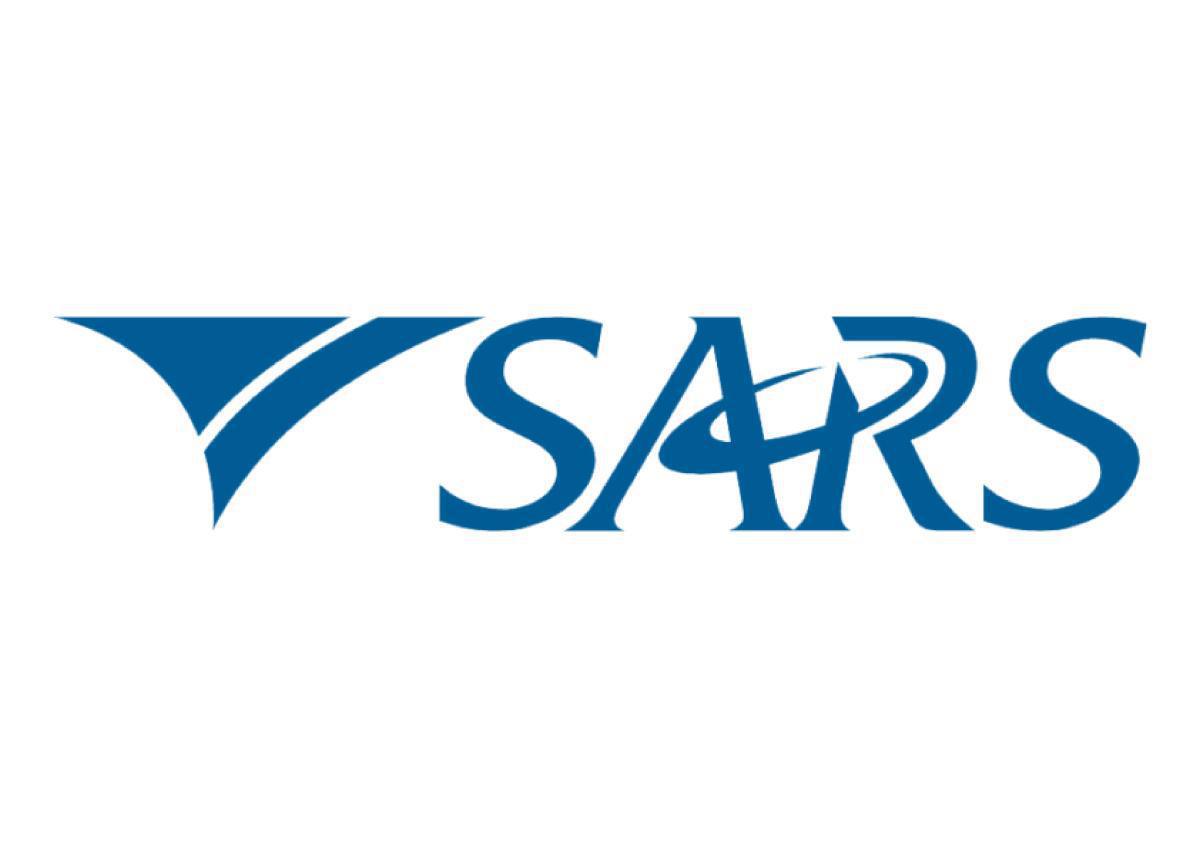Obtaining a tax directive from the South African Revenue Service (SARS) is a crucial step for employers, fund administrators, and insurers to ensure the correct deduction of employees' tax from lump sum payments. This process is essential for managing tax liabilities on retirement funds, severance packages, and other lump sum benefits.
Understanding Tax Directives
A tax directive is an instruction from SARS to an employer or fund administrator on how to deduct tax from a lump sum payment. This ensures that the correct amount of tax is withheld, preventing underpayment or overpayment of taxes. Tax directives are commonly required for retirement fund withdrawals, retrenchment packages, and other lump sum benefits.
Steps to Obtain a Tax Directive
1. Register on eFiling: Employers, fund administrators, and insurers must be registered on the SARS eFiling platform. If you are not already registered, visit the SARS website and follow the registration process.
2. Complete the Application Form: Once registered, log in to your eFiling account and navigate to the tax directive section. Complete the relevant application form (IRP3(a), IRP3(b), or IRP3(c)) based on the type of lump sum payment. Ensure all required information is accurately provided.
3. Submit Supporting Documents: Depending on the type of directive, you may need to submit supporting documents. These could include proof of retirement, retrenchment, or other relevant documentation. Upload these documents through the eFiling platform.
4. Submit the Application: After completing the form and uploading the necessary documents, submit the application through eFiling. SARS will process the application and issue the tax directive, which will be available for download from your eFiling account.
Important Considerations
- Accuracy: Ensure all information provided is accurate to avoid delays or rejections.
- Timeliness: Submit the application well in advance of the payment date to ensure timely processing.
- Compliance: Adhere to SARS guidelines and requirements to ensure compliance and avoid penalties.
By following these steps, employers, fund administrators, and insurers can efficiently obtain tax directives from SARS, ensuring proper tax compliance and accurate tax deductions for lump sum payments. Should you require assistance in this regard please do not hesitate to contact our offices for professional advice.
DISCLAIMER: The material and information contained in this article is for general information purposes only. You should not rely upon the material or information in this article as the basis for making any business, legal or other decisions.


